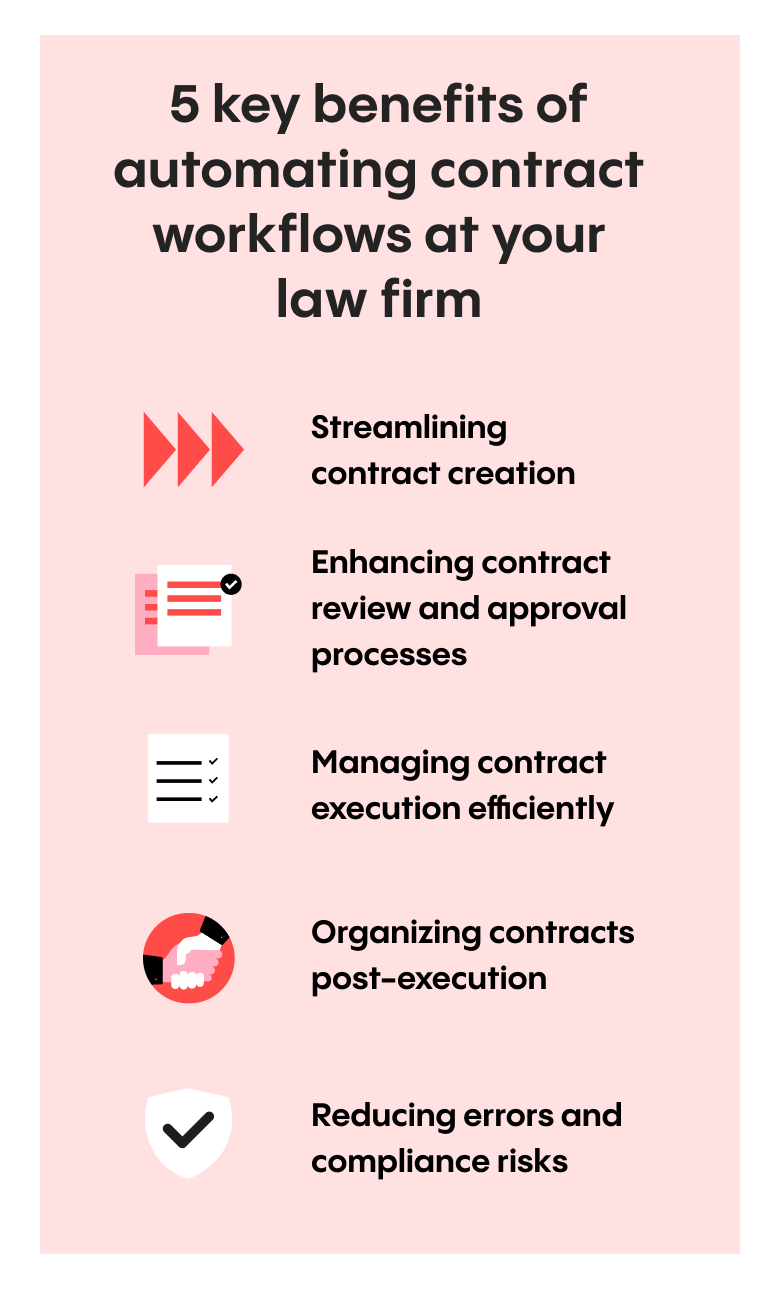Creating a Limited Liability Company (LLC) for a law practice offers numerous benefits, including liability protection, tax advantages, and operational flexibility.
This comprehensive guide aims to provide you with a detailed roadmap to starting your own law LLC, ensuring you’re well-prepared to navigate the legal, financial, and ethical considerations involved.
Understanding the LLC Structure for Law Firms
The decision to form an LLC is significant for any law professional considering starting their own practice.
An LLC, by design, offers personal liability protection to its members against the debts and obligations of the business. This structure is particularly appealing in the legal field, where the potential for malpractice or litigation risks can be high. Additionally, LLCs offer tax flexibility, allowing members to choose between being taxed as a sole proprietorship, partnership, or corporation, depending on which scenario is most beneficial.
Naming Your Law LLC
Choosing the right name for your law LLC is a critical branding decision that reflects the identity, specialization, and ethos of your practice. The name sets the first impression for potential clients and peers, influencing perceptions and brand recall.
Below are expanded strategies and a key statistic to consider in this process:
Reflect on Your Legal Specialization
Incorporating a reference to your area of legal expertise (e.g., “Estate Law,” “Intellectual Property,” or “Criminal Defense”) in the LLC name can enhance market positioning and client relevance. It immediately communicates your focus area, aiding clients in their search for specific legal services.
Consider Future Growth
Choose a name that allows for the potential expansion of your legal services. Avoid overly narrow names that could limit your practice to a particular legal niche unless you are certain of your long-term focus.
Memorability and Professionalism
A name that is easy to remember and pronounce can significantly benefit marketing efforts. Professionalism should be a priority; a name that conveys trust and credibility is invaluable in the legal profession.
Legal Compliance and Ethical Considerations
Each state has its own rules regarding law firm names, including prohibitions on misleading names or implications of a connection with government agencies or public organizations.
Additionally, the American Bar Association (ABA) Model Rules of Professional Conduct provide guidelines for law firm names, emphasizing the importance of avoiding misleading practices.
Online Presence
A recent survey revealed that 76% of clients look for legal services online, highlighting the importance of a strong, searchable brand name that aligns with digital marketing best practices.
Registration and Legal Requirements
You need to submit the Articles of Organization and the relevant filing fee to the Secretary of State office in your state in order to formally establish your limited liability company.
This document outlines the basic information about your LLC, including its name, principal address, and the names of its members. Depending on your state, you need to make sure you are following any other requirements. This can include publishing a notice of your intent to form an LLC.
Taxation and Finances
In order to create a business bank account and file taxes, the next critical step is to get an Employer Identification Number (EIN) from the Internal Revenue Service (IRS).
Separating your personal and business finances is critical for maintaining the liability protection an LLC provides and simplifies tax reporting and compliance. Additionally, consider platforms like HowtoStartMyLLC.com that offer valuable resources for entrepreneurs looking to navigate the complexities of starting and running an LLC.
Drafting an Operating Agreement
An operating agreement outlining the LLC’s financial arrangements and governance structure is strongly recommended but not mandatory, in all states.
Offering a concise outline for the management of a legal limited liability company, it addresses critical elements, including the division of profits, the duties of members, and the processes for adding or deleting members.
Ethical Considerations and Compliance
Law firms are subject to stringent ethical standards and compliance regulations.
It’s imperative to understand the rules set forth by the American Bar Association and your state’s bar association to ensure your LLC operates within legal and ethical boundaries. This includes maintaining client confidentiality, avoiding conflicts of interest, and adhering to advertising regulations.
Setting Up Your Office
Whether you opt for a traditional brick-and-mortar office or a virtual setup, creating an efficient workspace equipped with the necessary technology and resources is key to serving your clients effectively.
The physical location and internal setup of your law office play a crucial role in the operational efficiency and client perception of your practice. For a traditional office, selecting a location that is accessible to your client base is essential. Consider proximity to courthouses, convenient parking, and public transportation options. The office layout should facilitate privacy during client consultations, with soundproofing measures to ensure confidentiality.
A well-designed waiting area can significantly enhance your clients’ experience, offering comfort and reinforcing your firm’s professionalism. Invest in quality furniture and consider providing resources such as legal literature, Wi-Fi access, and refreshments.
For those opting for a virtual office, technology is your foundation. Invest in secure, reliable software for client communications, document management, and video conferencing to maintain professionalism and confidentiality. Virtual offices must also prioritize cybersecurity measures to protect sensitive client information, adhering to the same ethical standards as traditional offices.
Conclusion
Starting a law LLC is a process that requires careful planning, compliance with legal and ethical standards, and strategic decision-making. By following these steps, you can establish a legal practice that not only meets your professional goals but also serves the needs of your clients with integrity and excellence. As your firm grows, continuously assess and adapt your business strategies to ensure sustained success and compliance with evolving legal standards.
This guide outlines the foundational steps to launch a law LLC, providing a solid starting point for attorneys embarking on this entrepreneurial journey. Remember, the key to a successful law practice is not just in its formation but in its ability to adapt and thrive amidst the challenges and opportunities that come with the legal profession.



